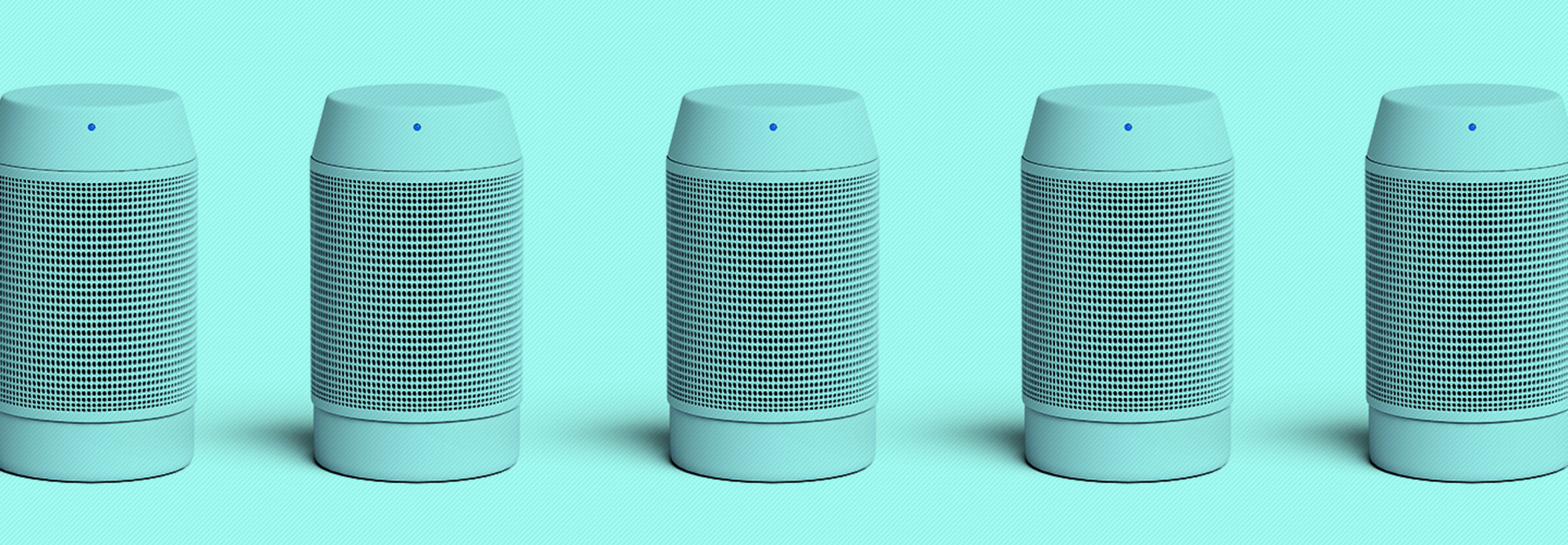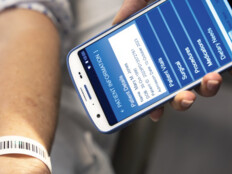HIPAA compliance is a challenge for every healthcare organization. The industry took note in April when Amazon announced new HIPAA-compliant features for its Alexa digital assistant. These features represent a step forward in the potential for smart speaker technology to meet growing demands from patients for easy access to health information.
“It’s certainly in healthcare, and there are many developing uses for voice assistants,” says Leeann Habte, partner at Best Best & Krieger, a law firm that specializes in digital information management. “Some of the current apps schedule appointments and do things that are lower risk, but if we think about potential uses, will voice recognition be adequate to ensure the integrity of information provided?”
As capabilities expand, some observers expect more questions about the integrity of patient information. Voice-enabled digital assistants offer promise for both patients and care providers, but must first address privacy concerns. Users must be satisfied that the devices can safely collect, store and use data, especially data in electronic health records.
MORE FROM HEALTHTECH: Find out how voice activation and virtual assistants are modernizing health and senior care.
Digital Assistants Make for a Natural Fit with Consumers
In April, Providence St. Joseph Health (PSJH), based in Renton, Wash., began allowing patients to make same-day medical appointments and manage healthcare visits using Alexa-enabled devices. Maryam Gholami, vice president of product and design at PSJH’s digital innovation group, says the company partnered with Amazon because it’s the first tech company to offer HIPAA-compliant features.
“Voice is still early, even outside of healthcare. Consumers are still experimenting,” Gholami says. “We want to do is learn from that behavior, work on our use cases and perfect that over time.”
Speaking comes naturally — we speak faster than we type. Voice technology may offer much utility for healthcare settings.”
Jay Maxwell
Senior Director of Health Information, Mayo Clinic Global Business Solutions
Other providers are further along in developing digital assistant apps. The Mayo Clinic, for example, rolled out an app that works with Alexa in 2017 and this year added one that works with Google.
The apps are designed to provide “quick, zero-touch answers for handling everyday mishaps, such as cuts, bee stings and burns,” says Jay Maxwell, senior director of health information at Mayo Clinic Global Business Solutions. They also offer self-care instructions for common medical situations and guidance on when to seek emergency help.
“Speaking comes naturally — we speak faster than we type,” he says. “Voice technology may offer much utility for healthcare settings.”
In-House Apps Allow Nurses to Focus on Patient Care
Because first-aid information isn’t covered by HIPAA, the Mayo Clinic didn’t wait for Amazon’s announcement to roll out its app. At Thomas Jefferson University Hospital, developers turned to open-source tools to build HIPAA compliance into the hospital’s Smart Patient Room Concierge system.
118.5 million
The number of smart speakers in use in U.S. households
Source: Edison Research, “The Smart Audio Report,” January 2019
The app answers questions on topics ranging from visiting hours to diet info for cardiac patients. Its data is "well contained," says Viraj Patwardhan, vice president of digital design and consumer experience. "That builds a lot of trust with the patient.”
The app can also turn on a television and change the channel, something that nurses typically do. Patwardhan expects the app to help nurses focus more directly on patient care.
HIPAA is a major hurdle for healthcare organizations. Learn four steps to help you toward compliance at healthtechmagazine.net/HIPAAChecklist.










